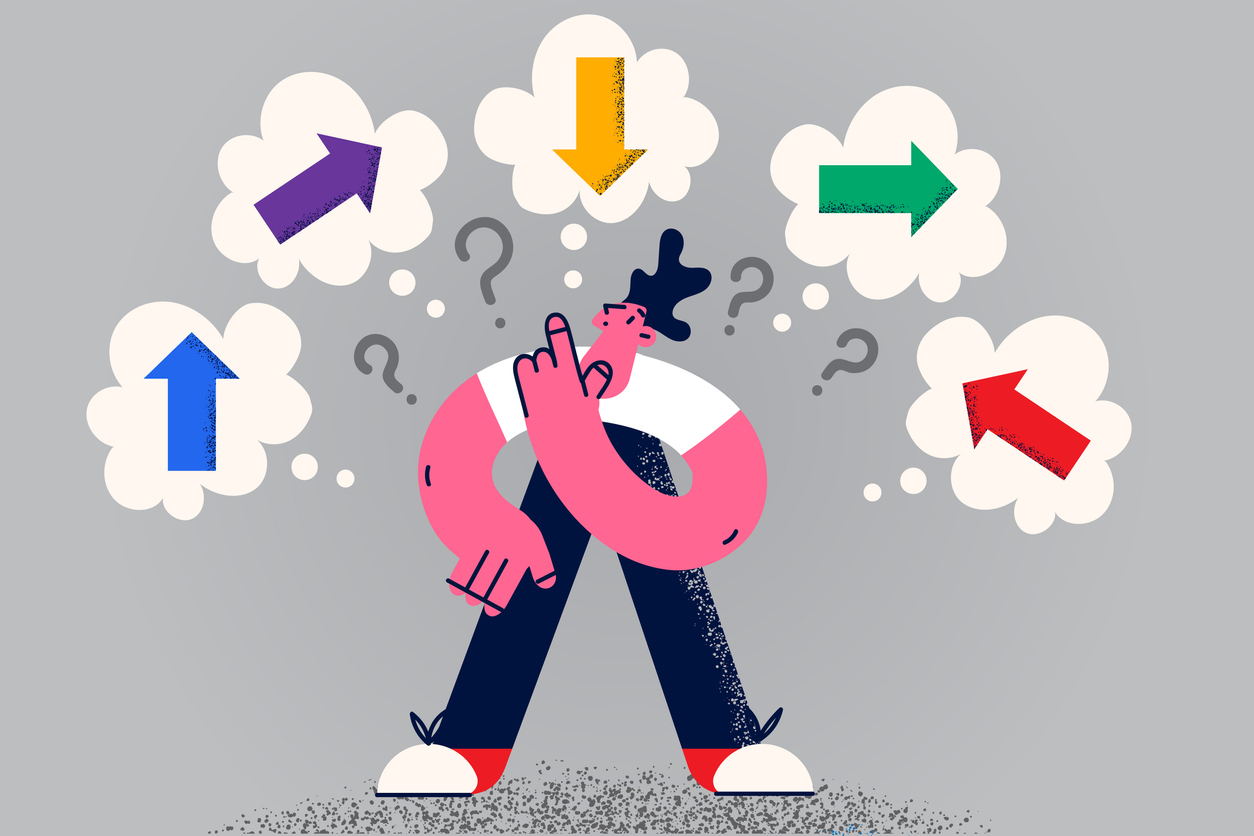You’ve probably noticed when you’re surfing the web that some websites look a bit different to others. Some have seemingly hundreds of pages and others are much more simple.
Whilst there can be benefits to one-page, easy-to-use websites – we believe that multi-page websites are the best solution if you’re looking to use your website to generate enquiries, show off your services and keep your audience shopping.
If you’re thinking about a new website and can’t decide between a single or multi-page build – we’re here to help you make that decision a little easier.
What exactly are one-page websites?
They’re exactly what they say on the tin! They are a single page, full of information about a person or business, often with a menu that allows you to skip to certain parts of the page. This offers a great, simple user experience – but comes with a lot of downsides too.
With only one page to play with, you won’t be able to use your website to help with SEO or PPC campaigns – which restricts a LOT of potential revenue for your business. You’ll also find that squeezing in information about your services and your business will be much harder.
So – what are the benefits of expanding and having more than just one page?
The SEO benefits of multi-page websites are HUGE
Search engine optimisation (SEO) is what’s going to bring more people to your new website. Without it, it’s very hard to generate organic traffic. With a single-page site, you’re going to struggle to get any sort of Google ranking for your services. That’s going to cost you business.
With a multi-page site, you can create individual pages for each of your services or serviceable locations. Whilst this obviously allows your customers to have more information about your offering, it also means you can optimise each page to rank for different terms and maximise your online footprint and reach more people. That’s a win!
Landing pages for PPC campaigns
Similarly to SEO, a one-pager won’t allow you to build specific landing pages for certain audiences. If you’re using PPC (Google Ads), then you’ll likely be targeting different audiences for different services – so sending them all to one vague page is unlikely to generate good results.
Having no limitation on page numbers means you can build a page for each PPC campaign that is targeted directly at the people you’re paying to visit your site. Conversion rates will increase, you’ll see more engaged visitors and you’ll get more bang for your buck from your new website.
User experience on multi-page websites
There are benefits for one-pagers when it comes to user experience (UX). They’re often easy to navigate and simple to read. Whilst this is a good starting point – that’s not enough.
With a multi-page website, you can emphasise UX more and benefit from more advanced techniques, such as internal linking, call to actions that are optimised for each page and delivering a better overall storytelling journey across your site.
Convinced? Let’s get talking!
Whilst a one-page website will be a good solution for small businesses and those with a side-hustle, it won’t last forever. There will be a time when you’ll need to invest more in your digital presence to really move forwards and grow your business online. When that time comes, we’re here to help you.
Want to talk to our team? Call us directly on 02380 000 212 or drop us an email.











